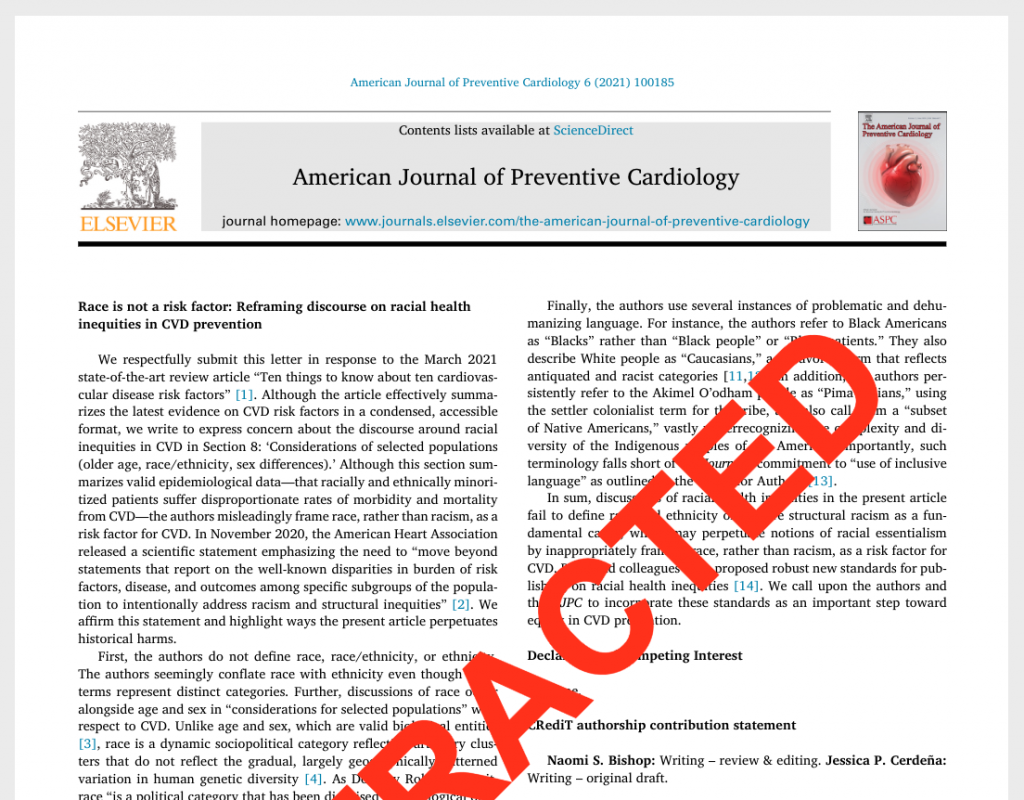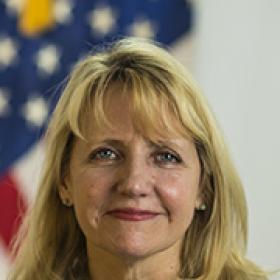A study published last week that quickly became another flashpoint for those arguing that COVID-19 vaccines are unsafe has earned an expression of concern.
[Please see an update on this post; the paper has been retracted.]
The original paper, published in the MDPI title Vaccines, claimed that:
The number of cases experiencing adverse reactions has been reported to be 700 per 100,000 vaccinations. Currently, we see 16 serious side effects per 100,000 vaccinations, and the number of fatal side effects is at 4.11/100,000 vaccinations. For three deaths prevented by vaccination we have to accept two inflicted by vaccination.
However, the study’s methods quickly drew scrutiny, and at least two members of Vaccines’ editorial board, Mount Sinai virologist Florian Krammer and Oxford immunologist Katie Ewer, said they have stepped down to protest the publication of the paper.
Continue reading Paper claiming two deaths from COVID-19 vaccination for every three prevented cases earns expression of concern








